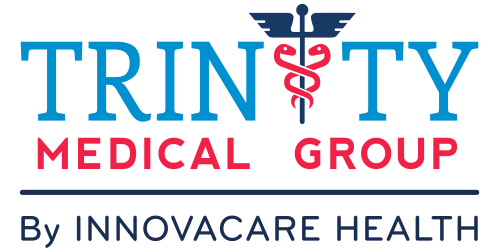The nutritional needs of seniors are very different from that of younger people. It is in fact even different from that of middle-aged adults. This is because our bodies undergo a lot of changes as we progress into old age. Our metabolism slows down, our digestive system undergoes a change and our lifestyles also change as we get older. It is important to take all of these factors into consideration when creating a healthy eating plan for seniors.
Not sure what is the best healthy diet plan for your age? At Trinity Medical Group you will find expert nutritionists who will help create a personalized plan for you. Call them today.
Creating A Healthy Diet As You Age
A healthy diet for seniors is packed full of essential nutrients that are known to keep potential old-age problems at bay. This starts with a healthy breakfast. Substitute whole milk products and white bread for low fat or no fat milk and whole wheat or multigrain breads. A bowl of porridge and fruit, especially berries, is a great way to start the day.
If you love a good old burger to snack on in between meals, now is the time to stop and switch over instead to healthy snacks. Think fruits, low or non-fat dairy products and other snacks made from whole grains. Better still if they are made from fortified, enriched whole grains.
Many people are used to eating elaborate dinners to make up for their on-the-go sandwich at lunch. Quick healthy meals at dinner time are a far better alternative to elaborate, heavier meals that are difficult to digest. Always keep dinner light.
Important Vitamins You May Need as You Age
Vitamins are important at any age but they are even more important as we age. There are a few vitamins in particular that are especially important in seniors. This is because these vitamins get depleted faster or they are not produced in sufficient quantities.
These are some of the more important vitamins that you need to take as you age:
Vitamin D – The skin produces less Vitamin D in older people and additional supplements can help boost levels of this important vitamin, which helps to maintain bone strength.
B Vitamins – The body does not absorb Vitamin B12 easily, leading to a deficiency of this Vitamin group, which is important for the nervous system.
Calcium – Calcium is also not absorbed as easily in older people. Making sure you get enough of this vitamin is important to keep bones healthy and to maintain normal blood pressure.
Selenium – This mineral is known to fight signs of aging and also reduces the risk of heart disease and cancer.
Potassium – This mineral helps to normalize blood pressure, which is often present in older people.

 Call Lakeland
Call Lakeland
